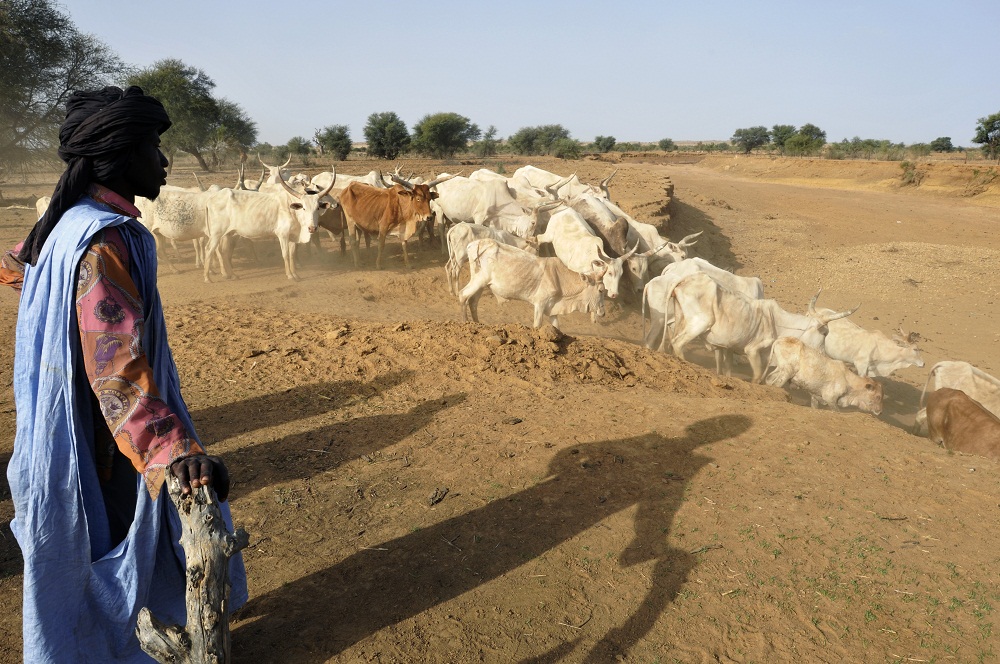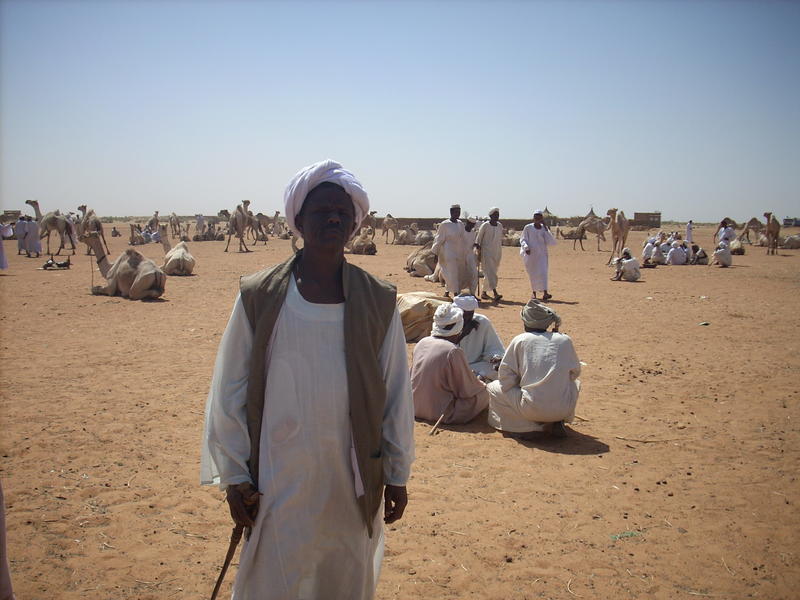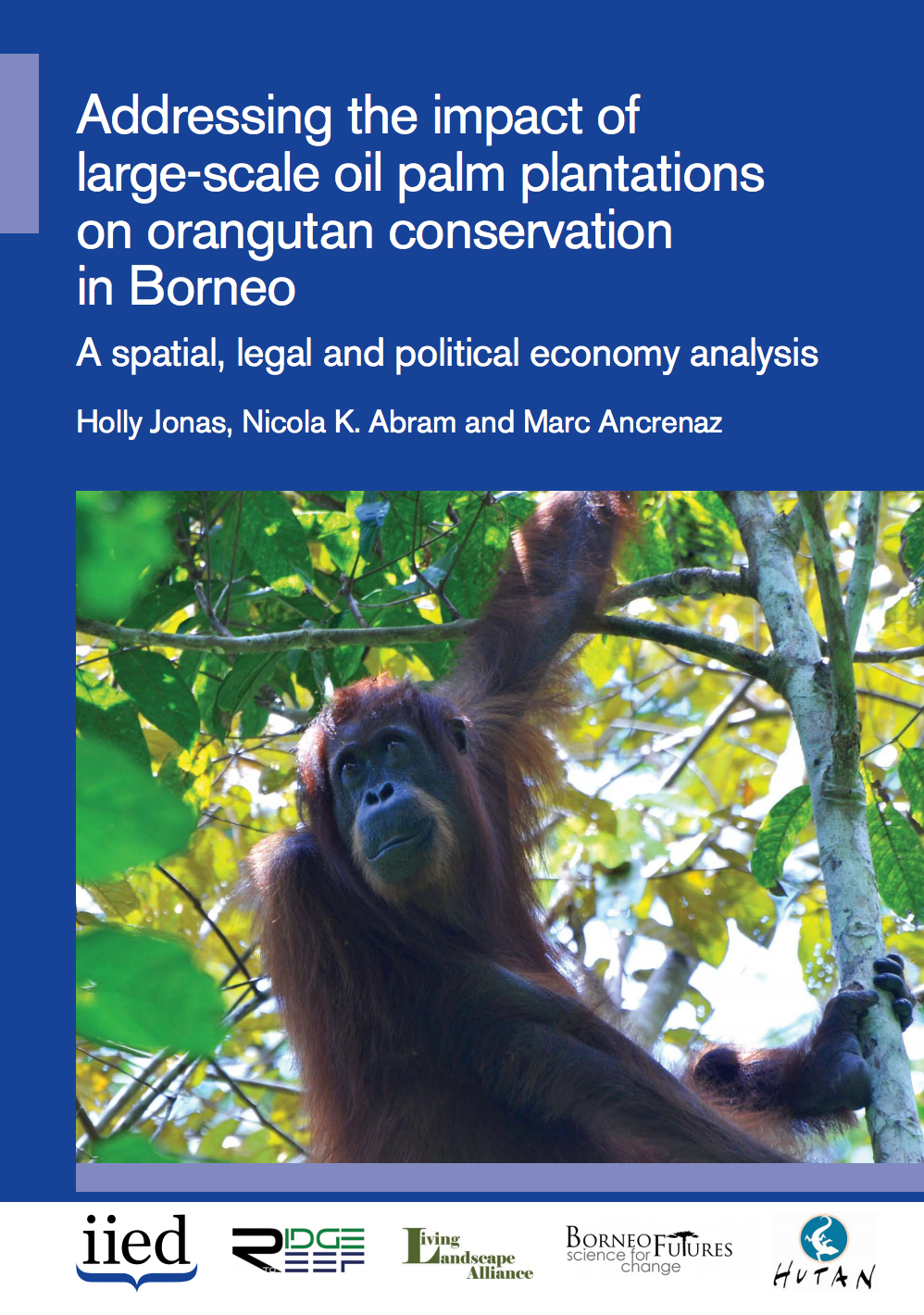Focal point
Location
Mission
Our mission is to build a fairer, more sustainable world, using evidence, action and influence in partnership with others.
Who we are
IIED is one of the world’s most influential international development and environment policy research organisations. Founded in 1971 by economist Barbara Ward, who forged the concept and cause of sustainable development, we work with partners on five continents. We build bridges between policy and practice, rich and poor communities, the government and private sector, and across diverse interest groups. We contribute to many international policy processes and frameworks, including the Intergovernmental Panel on Climate Change, the Millennium Ecosystem Assessment and the UN conventions on climate change and biological diversity.
What we do
IIED carries out research, advice and advocacy work. We carry out action research — generating robust evidence and know-how that is informed by a practical perspective acquired through hands-on research with grassroots partners — and we publish in journals and maintain high research standards. We advise government, business and development agencies, and we argue for changes in public policy. We focus on bottom-up solutions, stay open to flexible, adaptable solutions and are marked by a tradition of challenging conventional wisdom through original thinking.
Resources
Displaying 101 - 105 of 367Les unités pastorales : gérer les ressources à l’échelle de la communauté
Conflits politiques ou politisation des conflits liés au pastoralisme ?
Date: juillet 2017
Source: Foncier & Développement
Par: Jean Huchon, Ken Peter Otieno, Blasius Azuhnwi
La gestion des conflits est au centre des attentions lorsqu’il est question de pastoralisme. Une acceptation semble même se généraliser : les conflits seraient inhérents au pastoralisme. Au pire, il les engendrerait, au mieux, il les exacerberait. Cet article propose dans sa première partie, des clés d’analyse pour une compréhension des dynamiques à l’origine de ces conflits.
Guide de sécurisation foncière sur les aménagements hydro-agricoles au Niger
Addressing the impact of large-scale oil palm plantations on orangutan conservation in Borneo: A spatial, legal and political economy analysis
Palm oil is one of the most controversial yet ubiquitous agricultural commodities in the world, used in everyday products ranging from cooking oil and chocolate to toothpaste and soap. Over the past few decades, the palm oil industry has contributed significantly to the economic development of Indonesia and Malaysia, which together produce an estimated 85 to 90 per cent of global supply.
Improving accountability in agricultural investments: Reflections from legal empowerment initiatives in West Africa
Since 2014, a set of initiatives in Cameroon, Ghana and Senegal has worked to help people harness the law in order to have greater control over decisions that affect them in a process of legal empowerment. In the three countries, the initiative developed diverse approaches, responding to different local contexts and theories of change. Each embodied a distinctive combination of grassroots action, public advocacy and private sector engagement – through supporting junior lawyers in Cameroon, grassroots committees in Ghana and locally negotiated “land charters” in Senegal.







